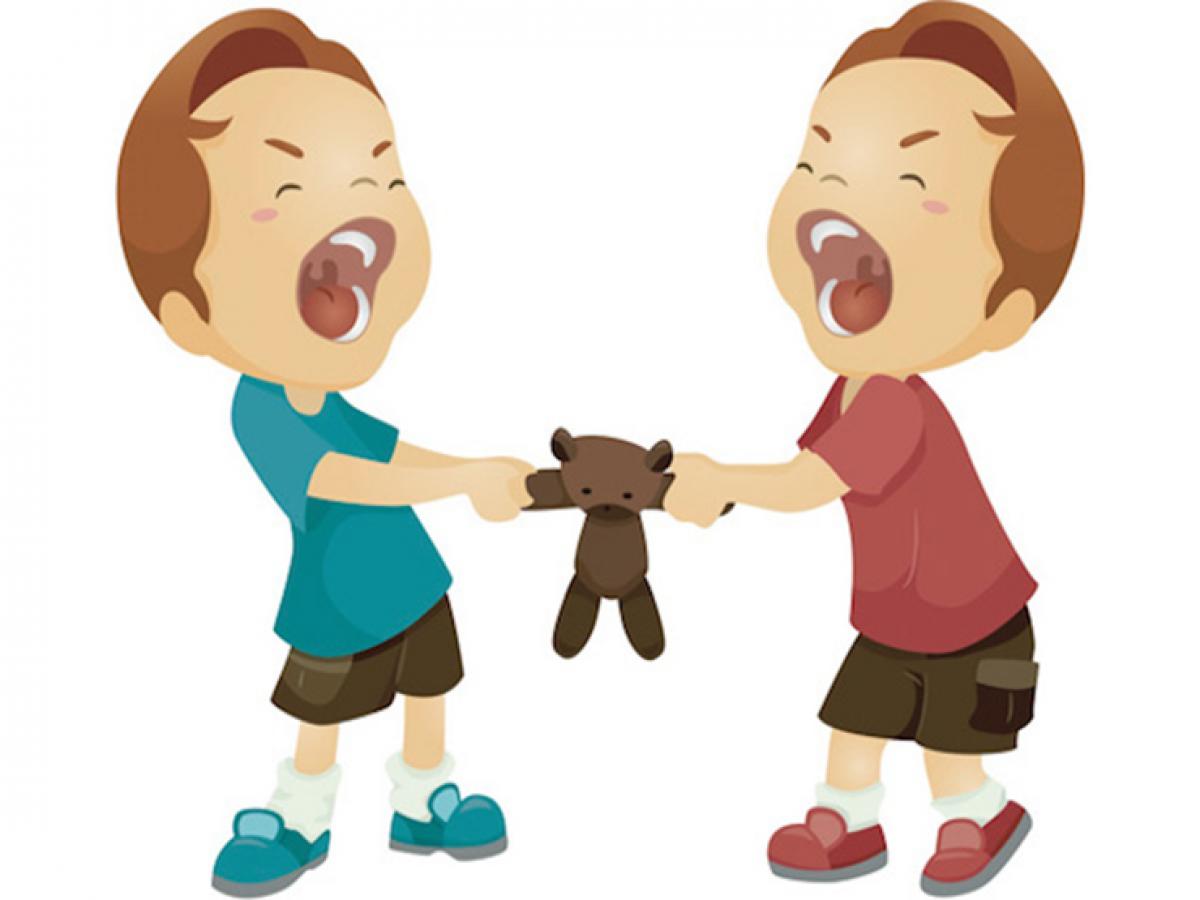Live
- A Teenager's Fight for Justice: Hyderabad Court Sentences Father to Life for Heinous Crime
- The Role of AI in Diagnostics, Treatment, and Patient Care
- Pearl Academy and Tech Mahindra Collaborate to Establish Makers Lab in Bengaluru
- “The Best Time to Start Retirement Planning is Now”, Says HDFC Life’s Latest Campaign
- Sun Life Global Solutions Partners With IIT Indore to Foster Innovation
- Hero Motocorp Launches “Hero For Startups”
- Cannot Build the Future Without Understanding History: KTR at Deeksha Divas
- With 16 lakh jobs on the horizon, Telangana focuses on building a skilled workforce by 2030: EY-Parthenon – CII Report
- Why do you need to service your water geyser?
- Capital Goods Stocks: What They Are and Why to Invest Wisely









